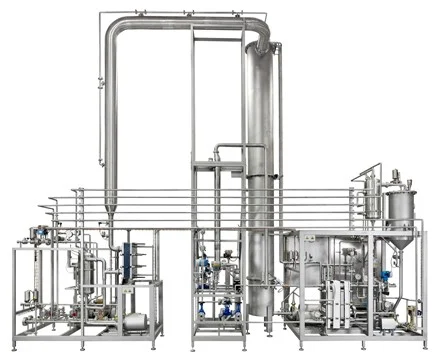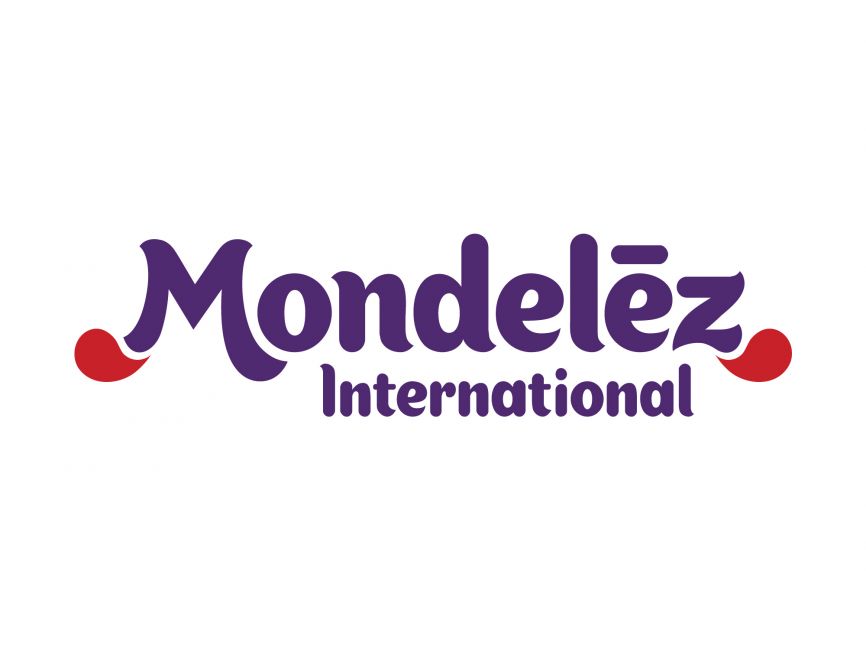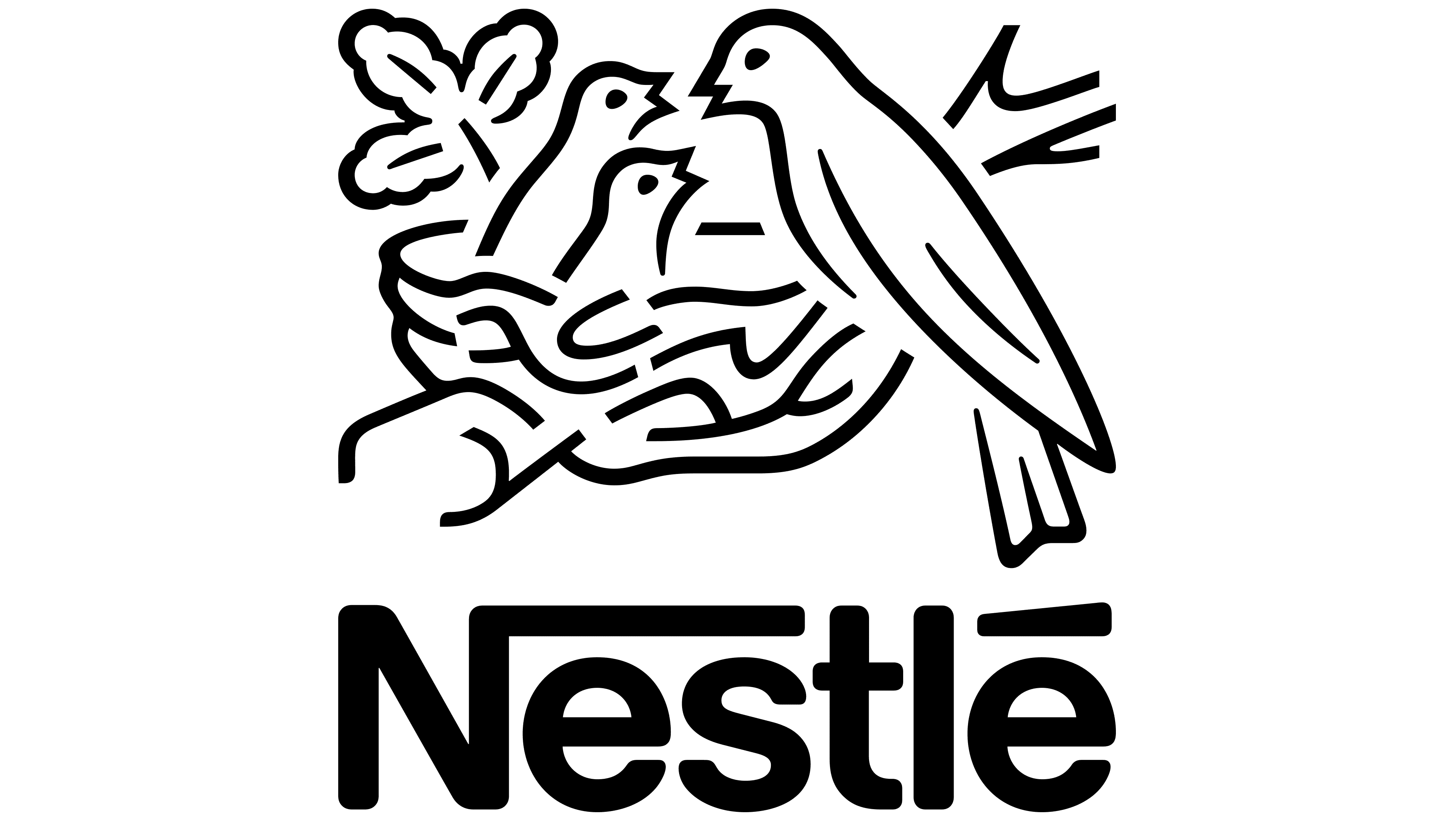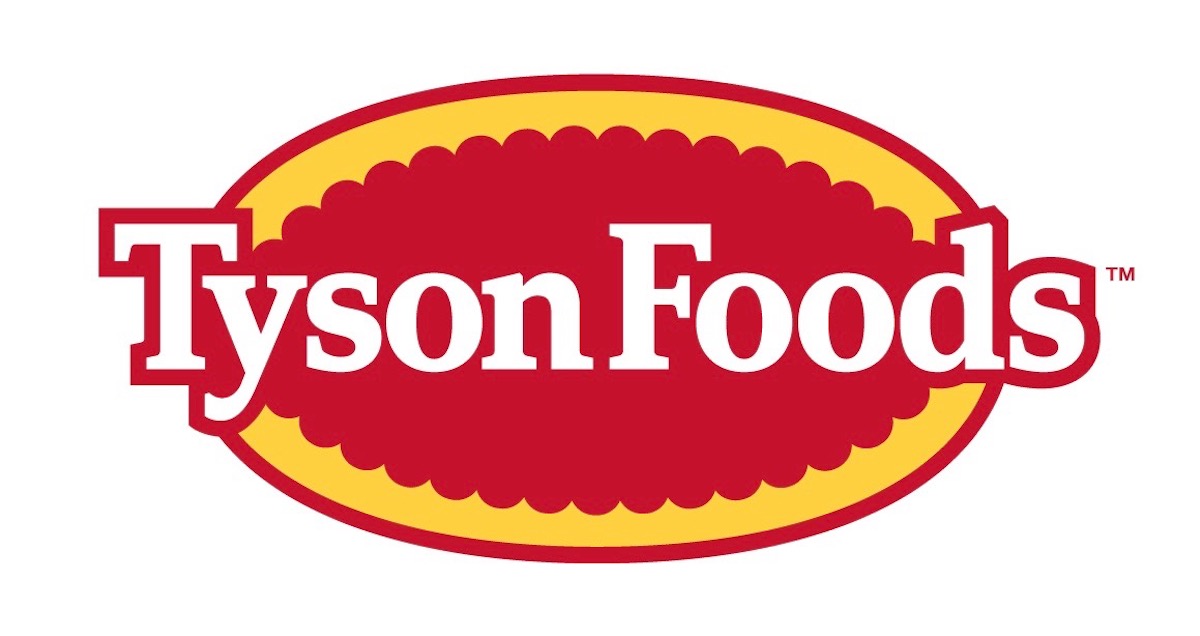
The equipment used in the alcoholic and non-alcoholic beverage industry is designed to facilitate the production, bottling, and packaging of drinks such as beer, wine, spirits, soft drinks, juices, and sparkling water. This equipment plays a critical role in maintaining quality, efficiency, and hygiene across all production stages—from ingredient preparation to carbonation, fermentation, and bottling. Beverage production equipment ensures that both alcoholic and non-alcoholic drinks meet safety regulations while maintaining consistency in flavor, texture, and packaging.
Alcoholic and non-alcoholic beverage industry equipment enables the efficient production and packaging of a wide variety of beverages. The machinery ensures consistent quality, safety, and flavor while streamlining large-scale production for both alcoholic beverages like beer and wine and non-alcoholic drinks like juices and soft drinks.
- Brewing and Fermentation: In the alcoholic beverage sector, equipment like fermenters, brewhouses, and distillation units are crucial for the production of beer, wine, and spirits. These machines control the fermentation process, ensuring the right balance of flavors, alcohol content, and carbonation.
- Juice and Soft Drink Production: Non-alcoholic beverages, such as juices and soft drinks, require specialized equipment like juicers, pasteurizers, and carbonators. This equipment is responsible for extracting juices, sterilizing them for safety, and adding carbonation to soft drinks to achieve the desired fizz.
- Carbonation and Mixing: Carbonators and mixers are essential for both alcoholic and non-alcoholic beverages that require precise levels of carbonation, such as sparkling water, soda, and certain beers. These machines ensure that the drinks have the right amount of carbonation and that all ingredients are evenly mixed.
- Bottling and Canning: Automated bottling and canning lines are vital for both alcoholic and non-alcoholic beverages. These machines handle everything from filling bottles or cans to sealing, labeling, and packaging them for distribution. This ensures that beverages are bottled in a sterile environment and maintain freshness throughout their shelf life.
- Quality Control and Filtration: Equipment such as filters and quality control systems are used to ensure the purity and quality of beverages. Filtration systems remove impurities from water, juice, or alcohol, while automated quality control machines check for consistency in flavor, carbonation levels, and packaging integrity.
- Ensures Product Consistency
- Supports Carbonation and Fermentation
- Maintains Hygiene and Safety Standards
- Automates Bottling and Packaging Processes
- Versatile for a Wide Range of Beverages




